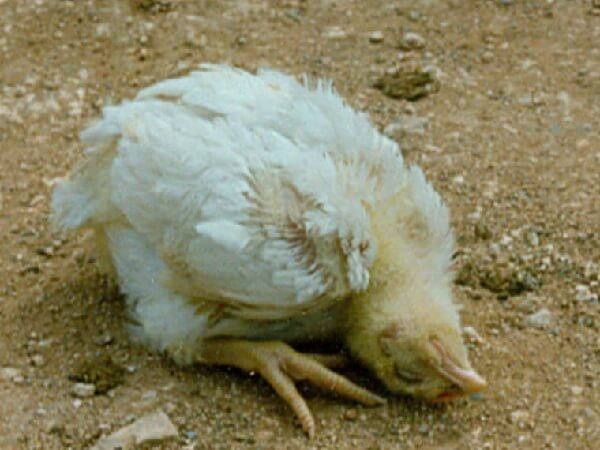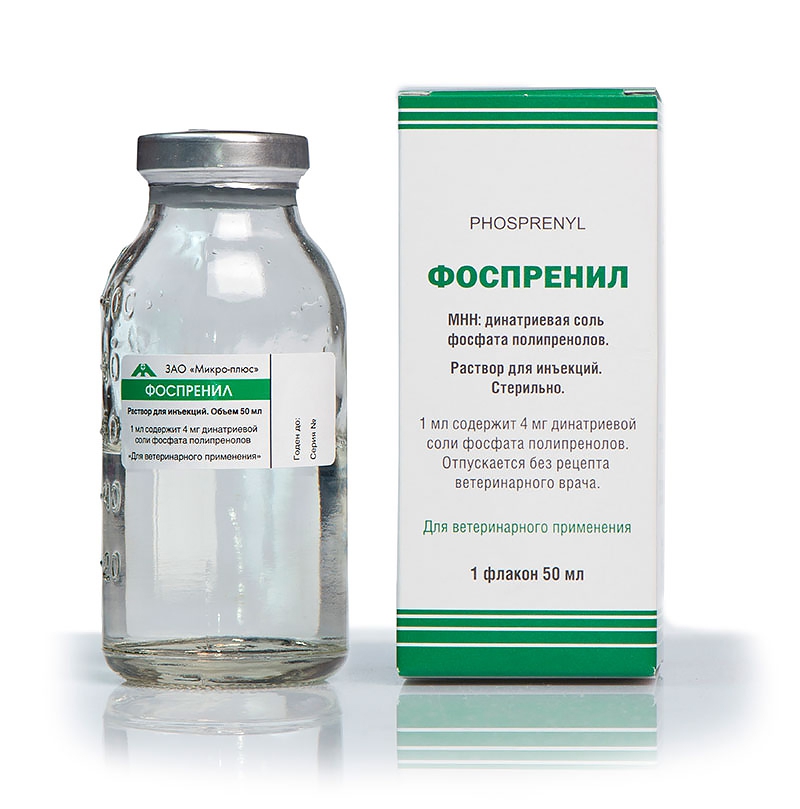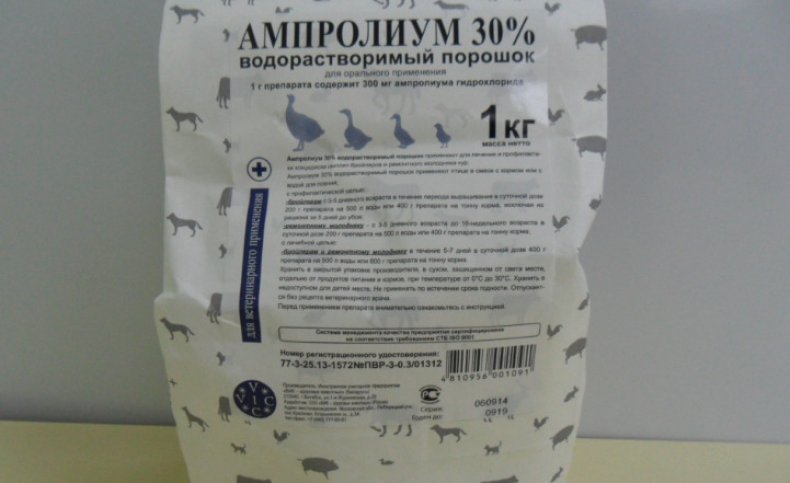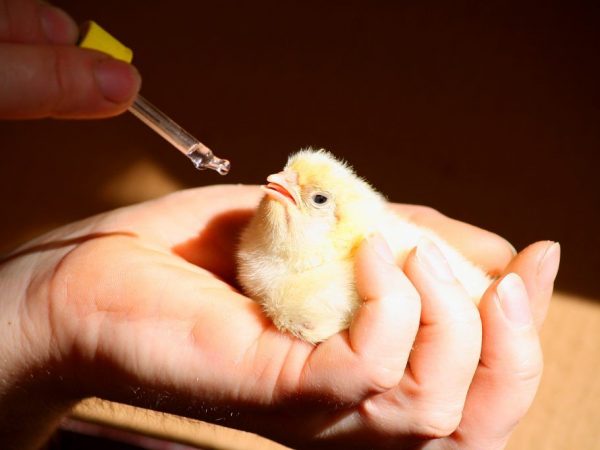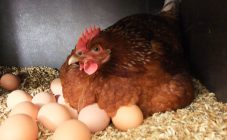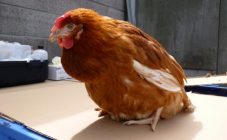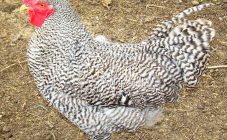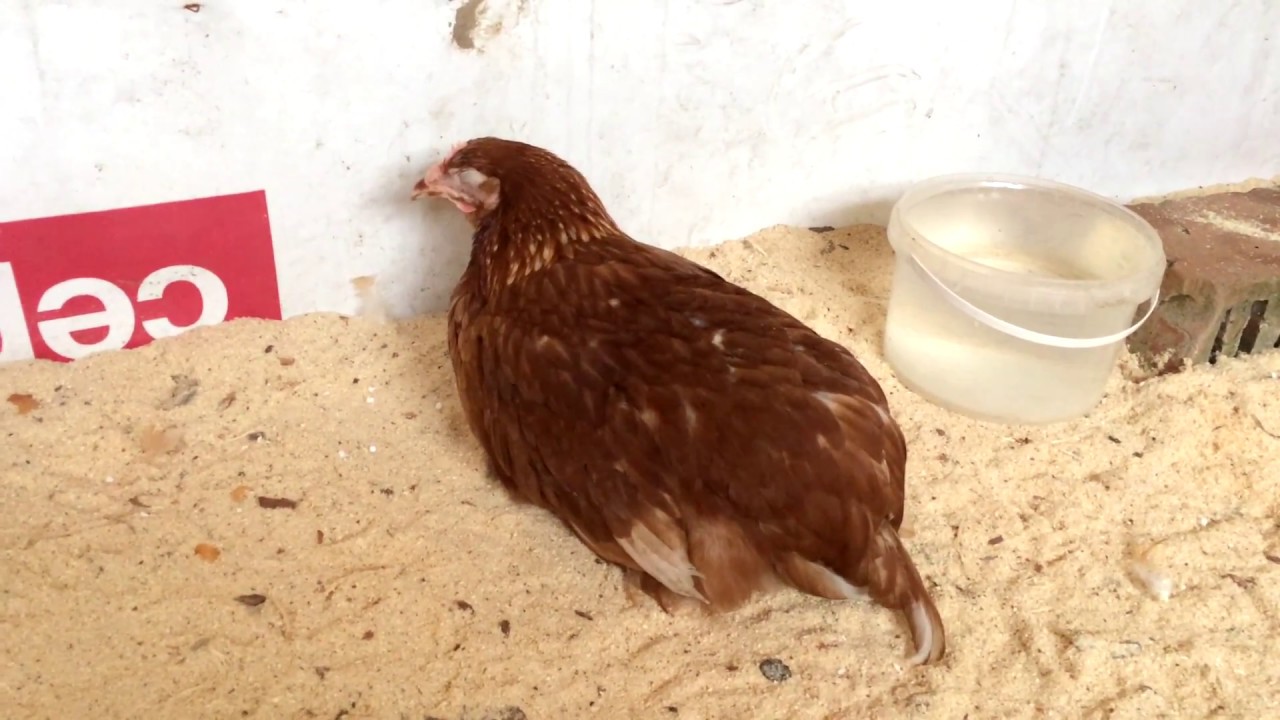Content:
Diseases of poultry are most often caused by a lack of vitamins. In this case, timely treatment measures can give a good result. However, chickens have absolutely incurable diseases. These include Newcastle disease.
This viral disease is often confused with another problem, in the common people referred to as "twist". The fact is that diseases have similar symptoms. Moreover, Newcastle disease is caused by a virus, is contagious and incurable. But with an ordinary "whirligig" in chickens and chickens you can fight if you know how.
About the whirligig in chickens, chickens, broilers
The first records of Newcastle disease were dated 1926. Then the disease struck poultry on the island of Java. The next year, the virus was in the UK - the epidemic killed many chickens in the city of Newcastle (England), where its current name came from. Further, the disease was spread by migratory birds around the globe, and now the heads of domestic chickens began to turn out.
"Twist" is a non-viral disease in which the central nervous system of chickens suffers. The clinical picture of the disease is absolutely identical. But if you can try to cure the usual "twist", then Newcastle becomes a serious problem, because the virus begins to spread, and it is very difficult to kill it.
Why is the chicken's neck twisted
Both Newcastle disease and the "wiggle" affect the nervous system. Because of this, chickens can twist their necks, paralyze their legs and wings, and there are punctate hemorrhages in the internal organs. Another manifestation of the disease is disorientation.
The first signs of disease manifestation: drowsiness, loss of appetite, disheveledness. After a while, signs of damage to the respiratory system appear, and mucus is released from the chicken's beak and nostrils.
"Twig", like Newcastle's disease, has a similar symptomatology - the chicken's neck curls unnaturally. However, due to the absence of the pathogen, the disease is not considered contagious, and sometimes it is even treated.
Very rarely, an injury can twist a bird's neck.
Twig in chickens - symptoms and treatment
At the first sign of "twisting", if the chicks' neck collapses, it is necessary to immediately isolate the bird, and disinfect the place of the previous stay.
A separate cage should be spacious. Stand in a quiet place without drafts. Cloudy day lighting. Covering the cage with cloth is not a good idea, as this will stress the birds.
After moving to a separate cage, chickens, whose necks began to twist, should improve their nutrition - add more greens to the diet and introduce vitamin preparations. It must be remembered that there are two answers to the question of why broilers' neck twists, but to determine the only correct one, it is necessary to carry out a number of measures.
Symptomatic treatment involves the use of the following drugs:
- Add 1 drop of thiamine (B1), 2 drops of pyridoxine (B2) and 2 drops of cyanocabalamin (B12) to the drinker for every 10 ml of liquid.
- Fosprenil veterinary (immunomodulator) 1 drop in the beak or immunofan.
- Piracetam or nootropil - remove the shell and dissolve a quarter of the tablet in 2 ml of water. Treatment - 1 drop in the beak daily.
- Vitamin complex.
- Antibiotics: baytril, ampicillin, or others.
- Antifungal drugs.
- Supportive therapy: carsil, methionine, brewer's yeast.
Chickens have torticollis, how to treat and what to do? Green plants should be given three times a day (cross-salad, dandelions, etc.). Enhanced feeding must be continued until it becomes completely clear whether this is a twist in chickens or Newcastle disease.
Prevention
As you know, the best remedy for all diseases is prevention. It is much more difficult to be treated. Especially in the case of this disease. Therefore, the bird owner should pay attention to the following tips.
Purity
Bird cages must be kept clean. New birds in the hen house should be quarantined immediately to identify possible diseases and determine why the chick's head turned out, if this is a single case. It is imperative to limit contact of chickens with other birds (Newcastle disease is most often carried by pigeons).
Disinfection
To reduce the risk of a viral epidemic, it is imperative to carry out regular disinfection and ventilation. All surfaces in the chicken coop must be washed with a detergent, followed by treatment with disinfectants (hydrogen peroxide, chlorine, etc.).

To reduce the risk of a viral epidemic, it is imperative to carry out regular disinfection of the chicken coop
After applying the preparations, you must wait 30 minutes for the active ingredients to react with microorganisms. To enhance the effect, the solution with disinfectants must be made warm.
Quarantine
Sick chickens must be isolated immediately. This is an important condition that will help localize the chicken disease. Only then observe them in order to determine the main cause of the onset of symptoms.
Vaccination of chickens
There is a special vaccine for Newcastle disease. However, owners of a small number of chickens practically do not protect their birds due to the high cost of medicines. However, this option is definitely worth considering.
The appearance of the first signs of the disease is not yet a reason for panic, because the cause may be a simple vitamin deficiency. Perhaps the virus has nothing to do with it and the hens will be saved by enhanced nutrition with dietary supplements.

